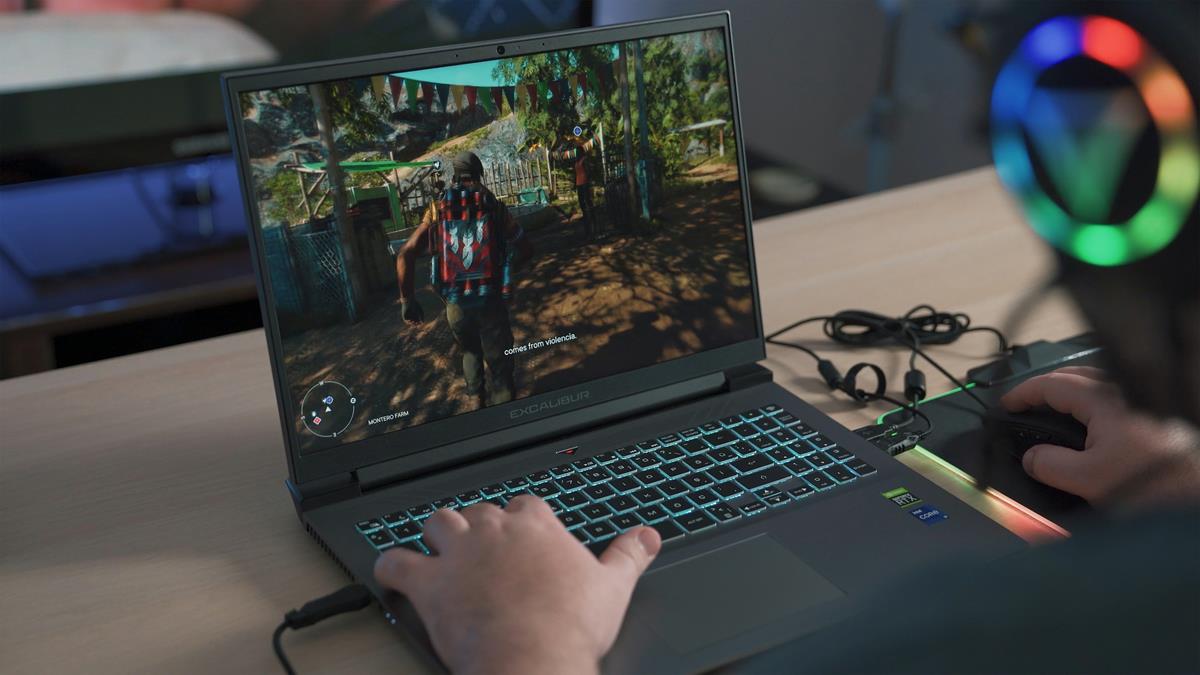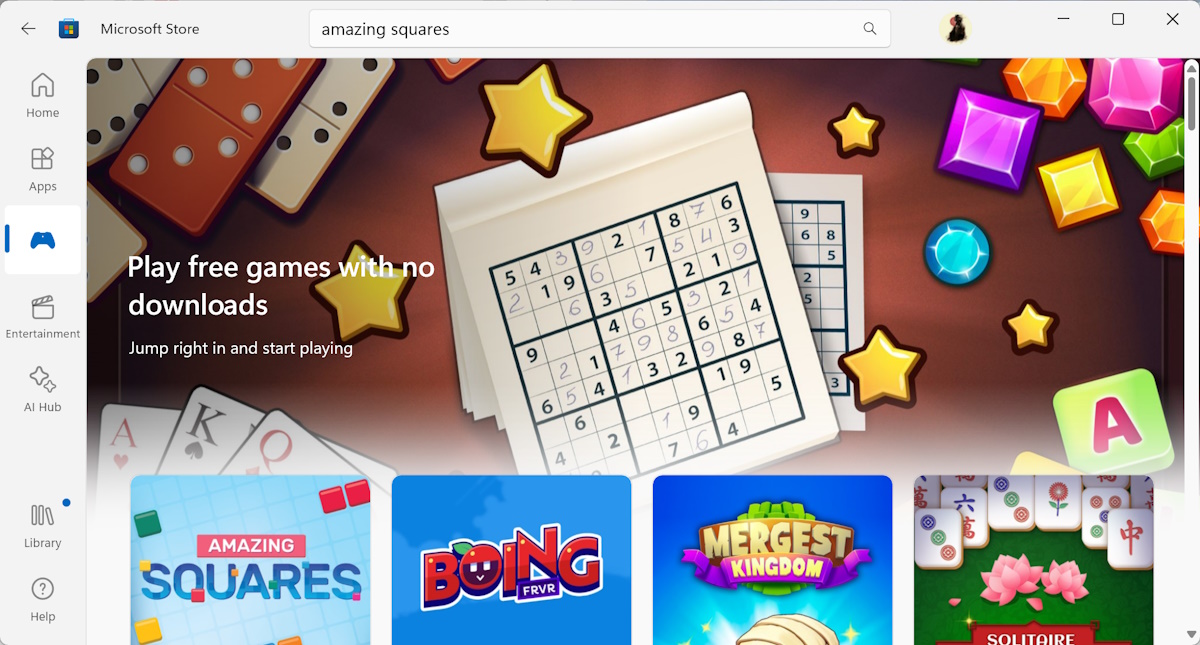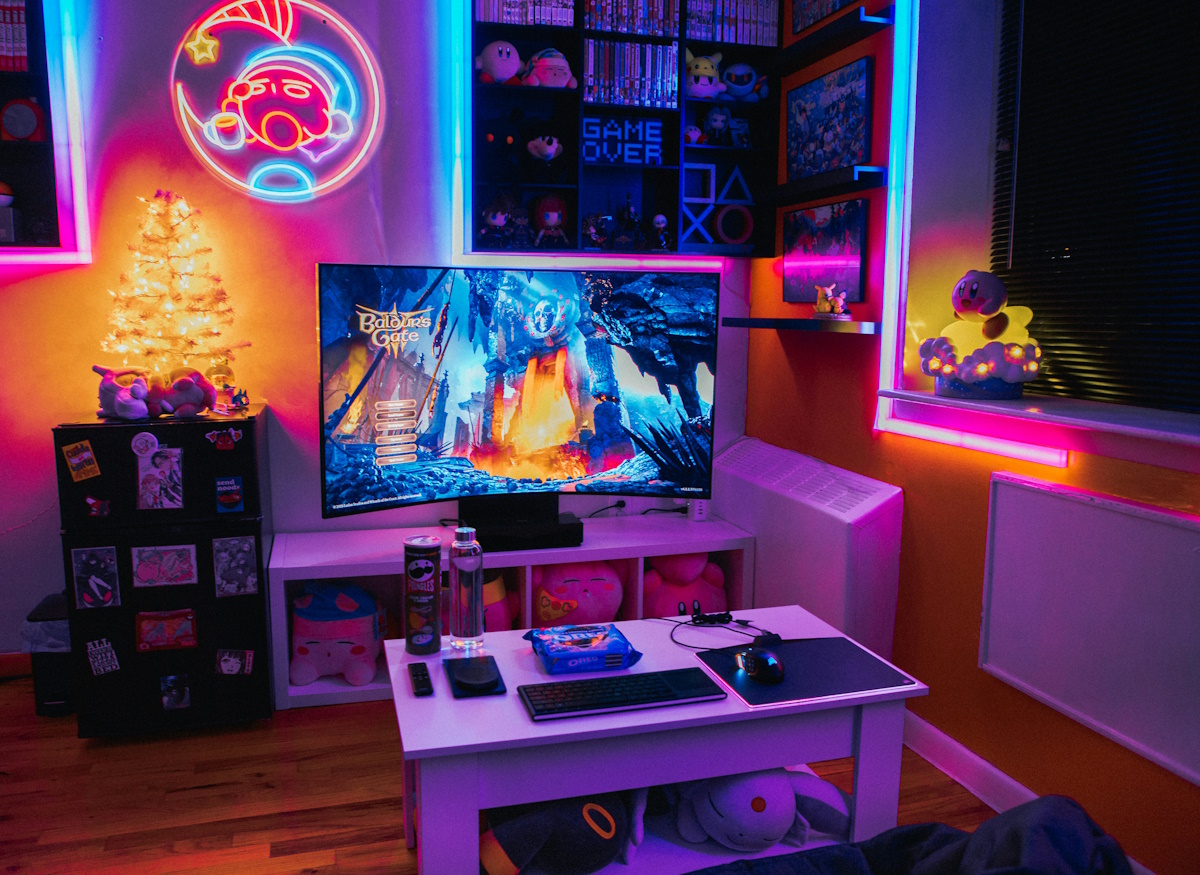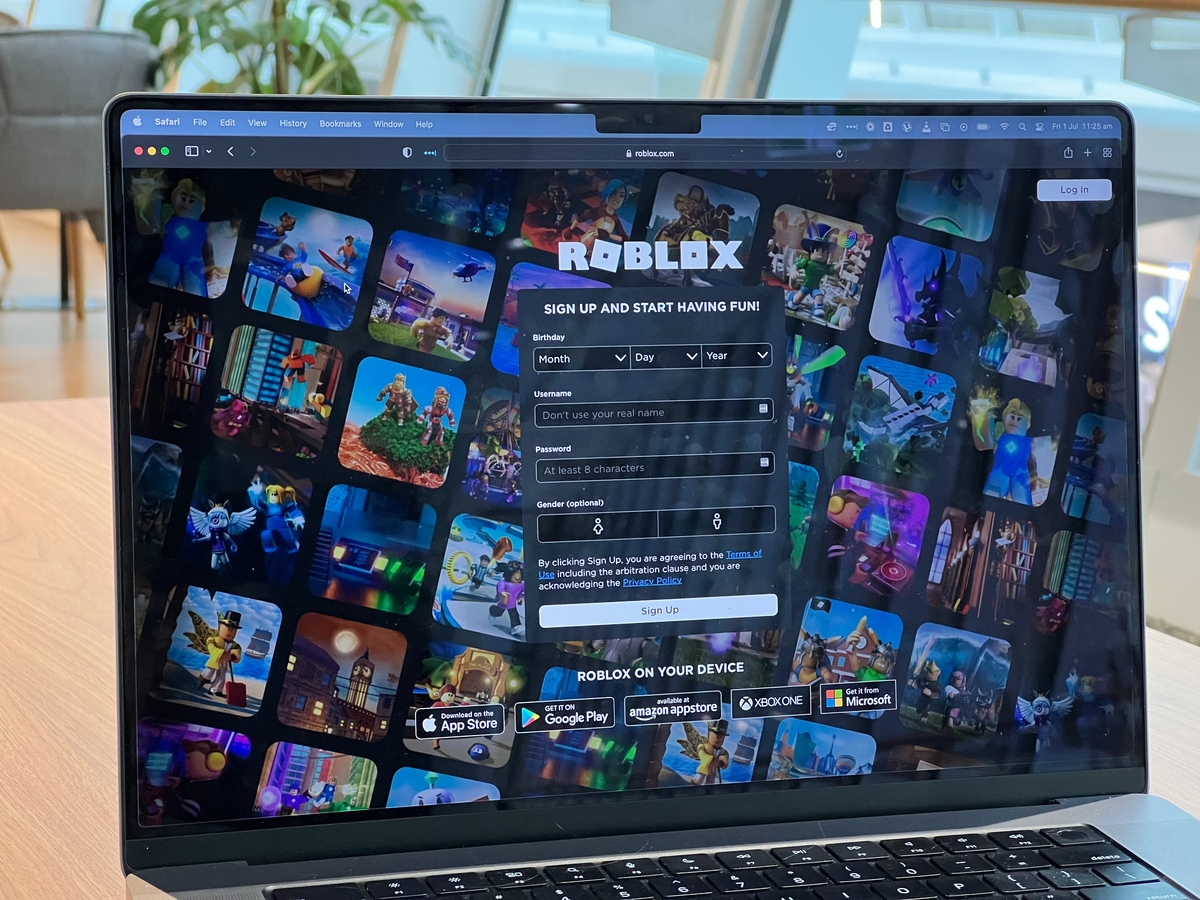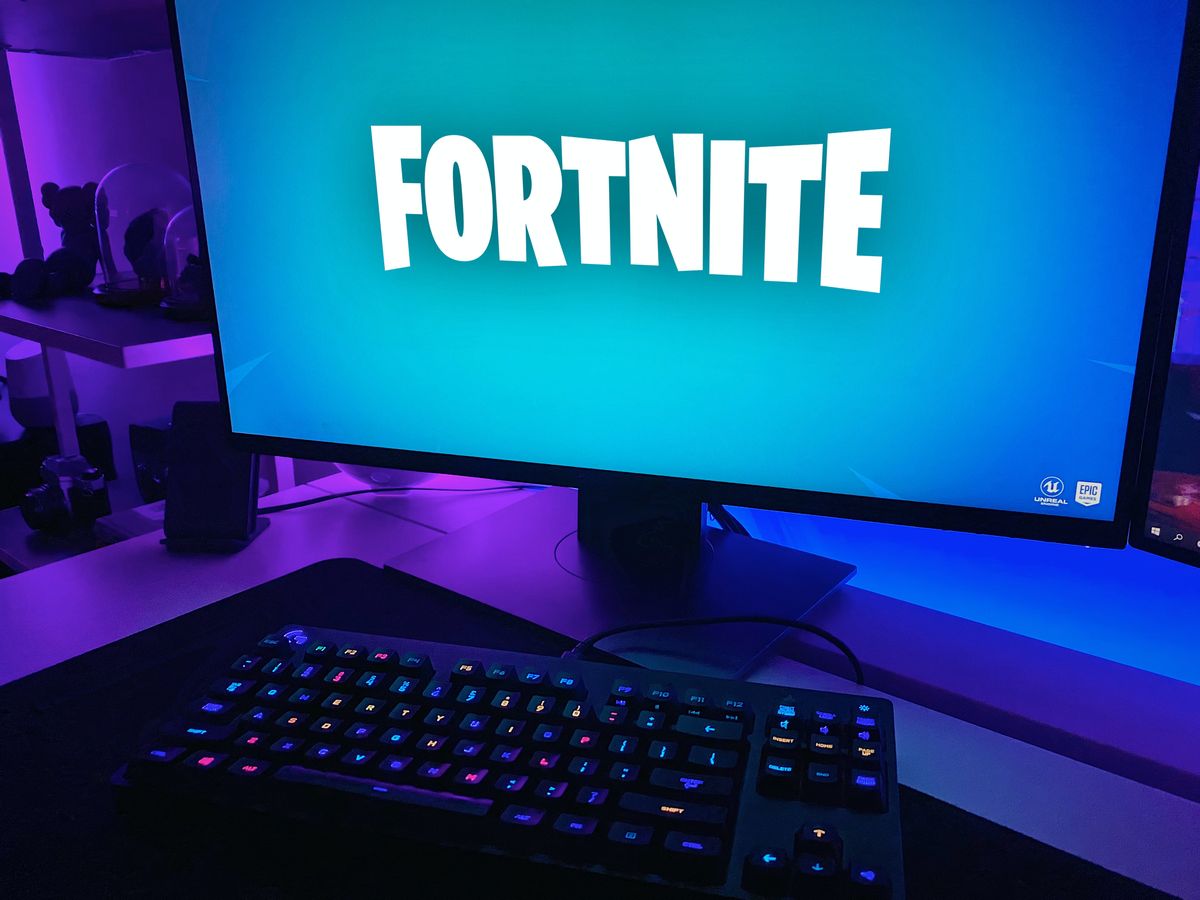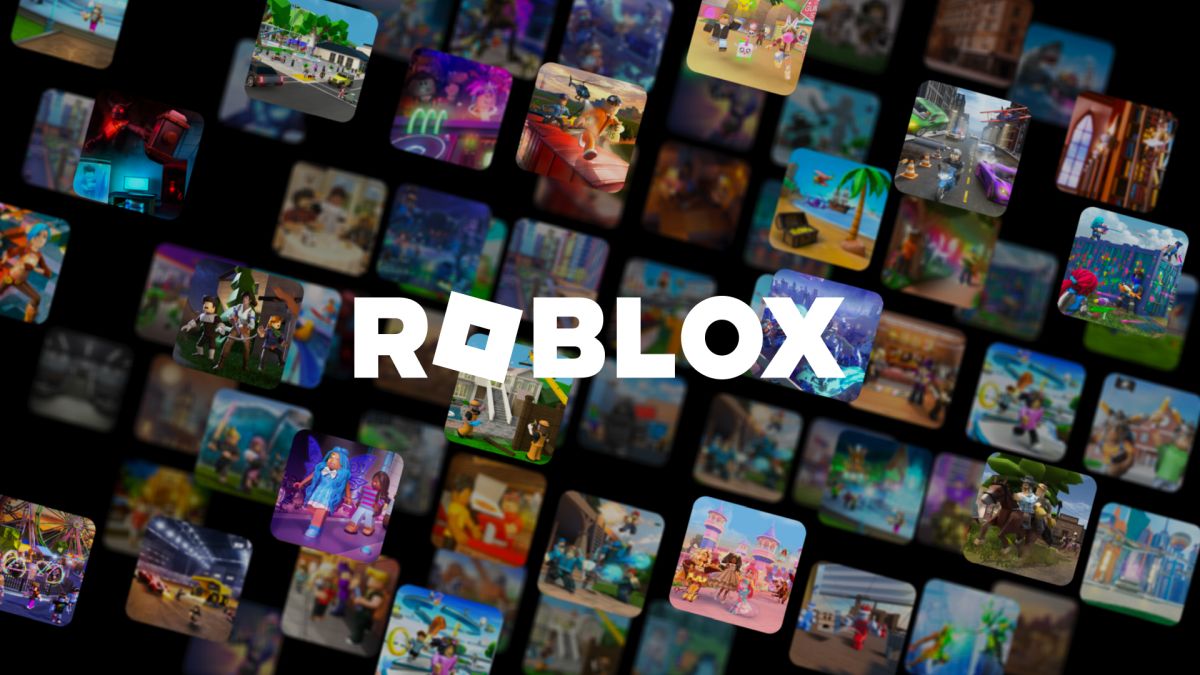Unity apologizes for runtime fee changes
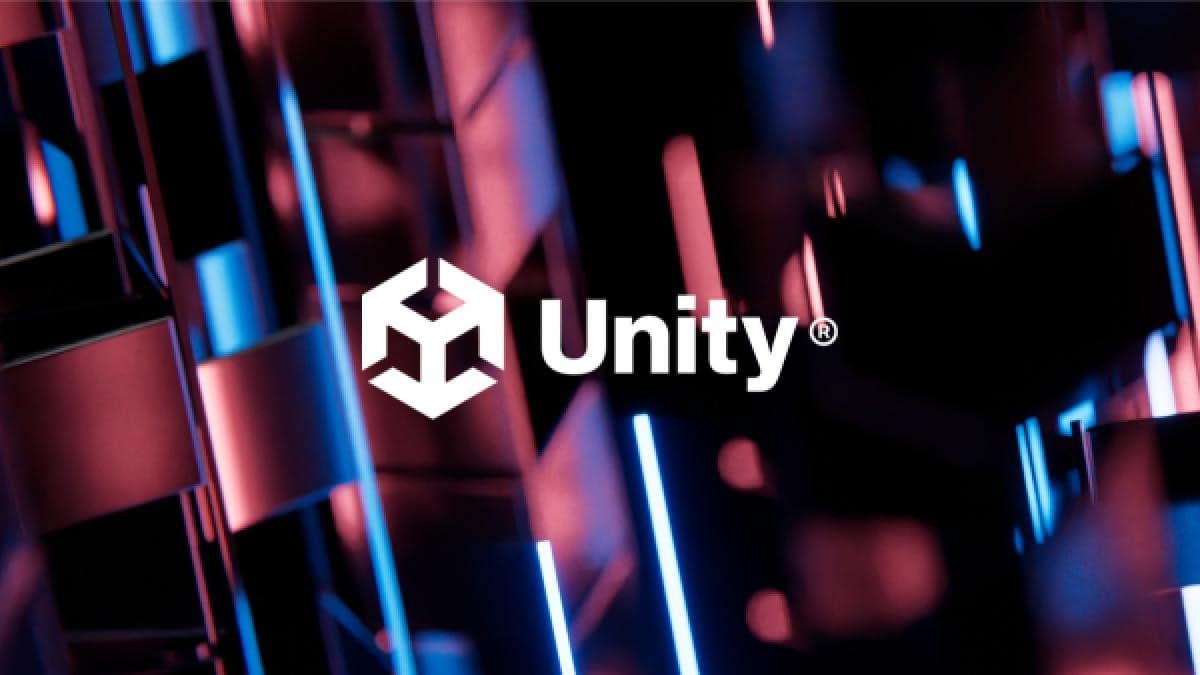
Unity, the widely-used game engine, found itself at the center of controversy with its introduction of a new pricing model featuring a Runtime Fee. This decision sent shockwaves through the game developer community, sparking outrage and concerns about its implications. Unity's response to this uproar has been met with skepticism and demands for change.
Unity's new policy involves charging a fee for each game install across all supported platforms. Creators are required to pay this fee for every download, and it's based on the number of times a qualifying game or app is downloaded.
The fee applies not only to direct downloads but also to games distributed via streaming. Different regions have varying fee structures, with emerging markets facing lower Runtime Fees.
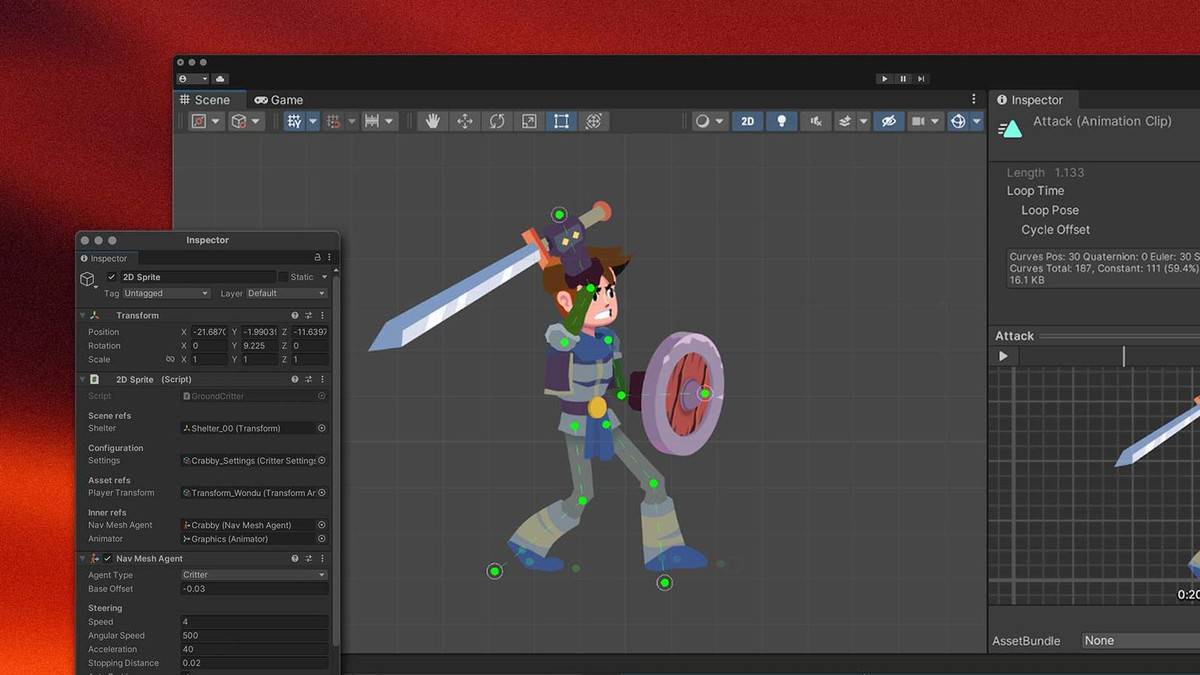
Unity steps back
Unity's Runtime Fee policy has sparked intense backlash within the game development community. The primary source of frustration lies in the fact that Unity charges per installation, not per sale. This means developers may be charged multiple times for a single user who downloads and installs a game repeatedly. This approach has raised ethical concerns and comparisons to spyware and Unity has finally spoken about it.
Unity shared the following xeet today:
We have heard you. We apologize for the confusion and angst the runtime fee policy we announced on Tuesday caused. We are listening, talking to our team members, community, customers, and partners, and will be making changes to the policy. We will share an update in a couple of…
— Unity (@unity) September 17, 2023
Devs were worried
Developers are worried about potential "install bombing," where users maliciously download and uninstall a game multiple times to harm developers financially. This could also affect games that users buy, install, and then refund. The policy's tracking of pirated games has also raised questions about fairness and legality.
Prominent game developers, such as Mega Crit and Massive Monster, have expressed their concerns about Unity's Runtime Fee, labeling it as harmful to indie developers and a breach of trust. Unity's response, indicating that developers will only be charged for the initial installation and exempting certain scenarios, has not fully addressed the community's grievances.
As a result of Unity's controversial pricing model, some indie developers may consider shifting to alternative game engines like Godot or Epic's Unreal Engine, which offer more favorable pricing structures. However, porting games to different engines can be time-consuming and resource-intensive, potentially causing delays in game releases.
Featured image credit: Unity.
Advertisement
